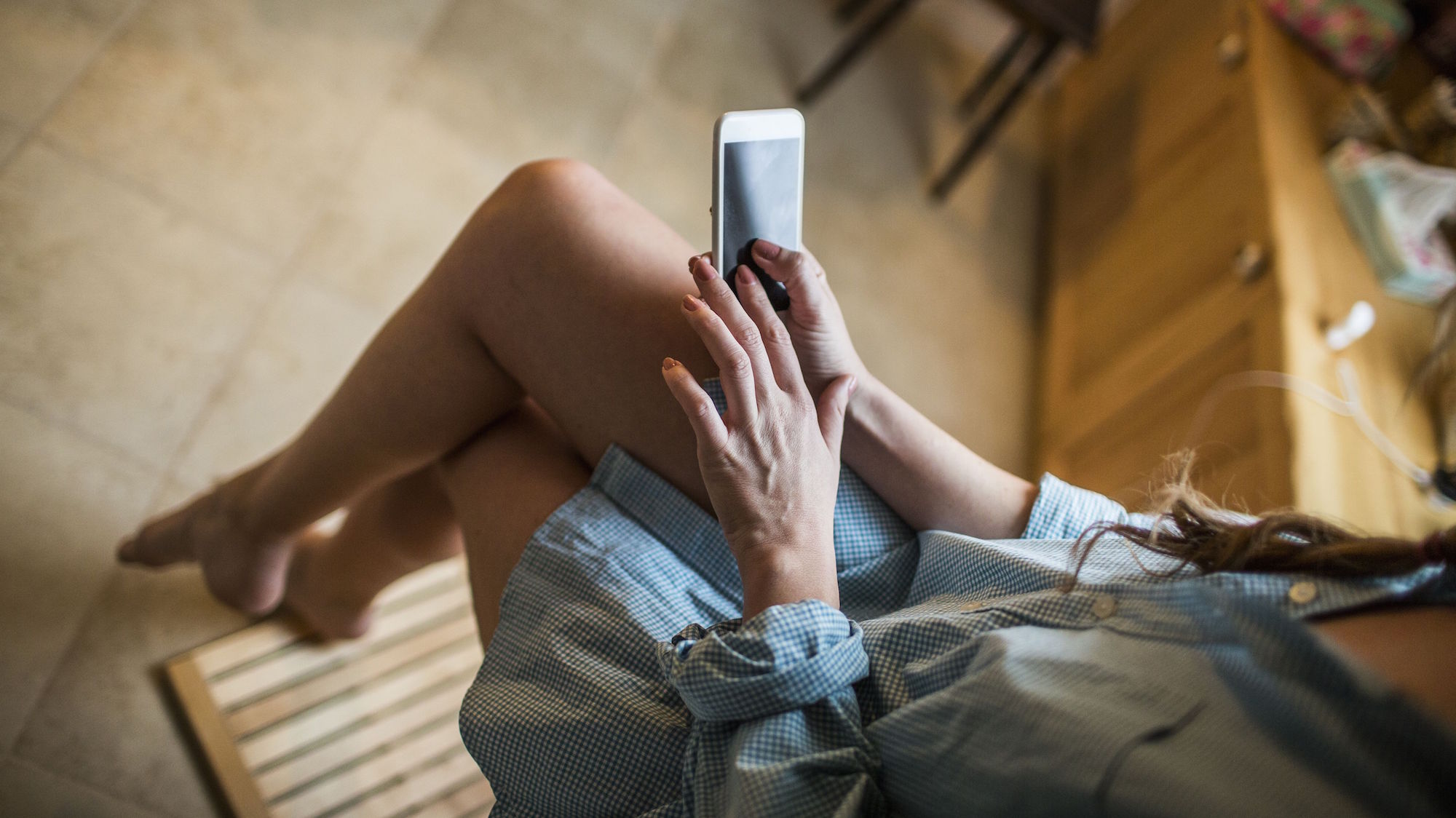The truth about pubic lice: symptoms, treatment and more
Feeling crabby?


Feeling crabby?
What are public lice?
Pubic lice, crabs, crab lice - they’re all one and the same, and they’re all a little grim. These little parasites take up residence in coarse body hair (particularly pubic hair) and lay eggs, causing skin irritation and a lot of itching.
They are 2mm long and are yellow-grey, with multiple legs as well as two small pincers to help them grip onto hair (hence the nickname crabs). Pubic lice also lay pale brown eggs amidst hair and after they hatch, they go white. They’re so small that a GP will sometimes bust out a magnifying glass to search for them.
What causes pubic lice?
One of the biggest myths about pubic lice - and lice in general - is that they’re caused by bad personal hygiene. This isn’t true. While they aren’t an STI like chlamydia or gonorrhoea per se, pubic lice are actually primarily spread through close body contact since they crawl from hair to hair (they don’t jump or fly) so sexual contact is up there. Unfortunately as they move from hair to hair, condoms don't help too much but you should probably wear one anyways to avoid catching other STIs.
On rare occasions, pubic lice can also be spread by sharing towels, bedding and clothing.
Pubic lice symptoms
It can take up to a few weeks for symptoms of pubic lice to become noticeable, but the biggest indicator is an onslaught of itchiness (caused by their irritable saliva). You may also notice their pale brown eggs as well as their tiny bites, which look like light blue dots or blood specks. Black powdery spots may also appear in your underwear, caused by their excretions.
Pubic lice treatment
If you think you have pubic lice, it’s best to speak with a GP, practice nurse or somebody at your nearest sexual health clinic about it. They’ll be able to recommend a course of treatment and these can consist of topical lotions/creams and shampoos.
Marie Claire Newsletter
Celebrity news, beauty, fashion advice, and fascinating features, delivered straight to your inbox!
Depending on how severe the outbreak of pubic lice is, you may have to treat your whole body to get rid of the lice. A medical professional will be able to determine that for you however. Lice are pretty resilient, so you may have to either upgrade to a stronger medication if they persist.
You should also let your previous sexual partners know so they can get treated, especially if you’re planning on seeing each other again in the future. It’s also important to decontaminate your home so wash all your towels, bedding, clothing at the highest water and heat setting possible.
Megan is a freelance journalist who covers entertainment and all things lifestyle, with a particular passion for fashion, beauty, travel and Keanu Reeves stories. She has previously worked on staff for titles including Marie Claire UK, CNN Style and The Evening Standard and has written for titles such as Bustle UK, Wallpaper*, Forbes and Hong Kong Tatler. She splits her time between London and her hometown Hong Kong, where she currently lives with the love of her life - an elderly dog named Poppy - and her husband.
-
 Ties are the unexpected cool-girl accessory to invest in this season
Ties are the unexpected cool-girl accessory to invest in this seasonSchool is in session
By Sofia Piza
-
 This is not a drill: you can now shop Alexa Chung's actual wardrobe on Vinted
This is not a drill: you can now shop Alexa Chung's actual wardrobe on VintedOwn a piece of sartorial history
By Penny Goldstone
-
 New Look’s spring collection has dropped—as a picky fashion editor, I’m seriously impressed
New Look’s spring collection has dropped—as a picky fashion editor, I’m seriously impressedSpring trends at affordable prices
By Jazzria Harris